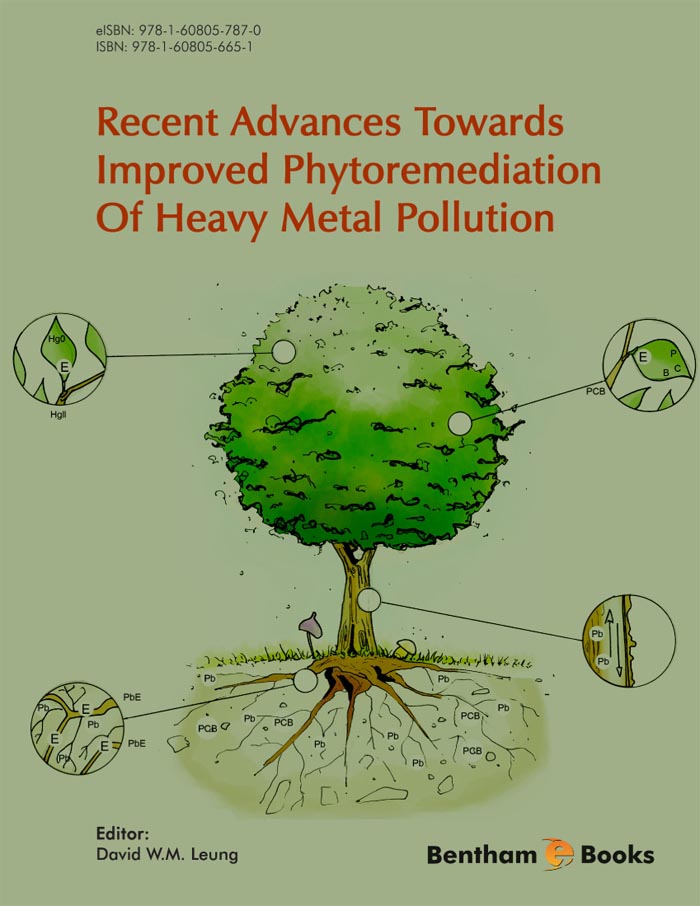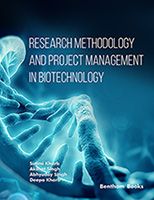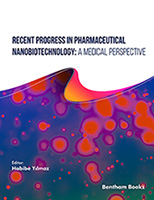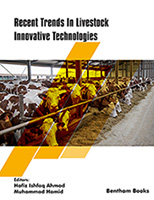Introduction
Heavy metal pollution represents a global challenge to both public health and environmental sustainability. Any means to reduce heavy metal pollution in the environment is of considerable economic significance. The use of green plants to clean up heavy metal pollution is an environmentally friendly as well as a low-cost approach to the problem. This plant-based biotechnology is commonly known as ‘phytoremediation’. Presently, there is limited application of this technology because useful plants with enhanced heavy metal resistance/tolerance are still needed to assist remediation of environments polluted with heavy metals. A key to improved phytoremediation of heavy metal pollution lies in research seeking for a better understanding of the mechanism(s) of heavy metal resistance/tolerance in plants. This E-book presents a unique treatment of the topics that have never been comprehensively brought together before in a single advanced reference. The volume explores aspects of plant biology that are critical for employing phytoremedation techniques to combat heavy metal contamination such as the specific plant biology, seed biology, plant tissue culture and enzymology. This E-book will be a useful reference to plant biologists, biotechnologists and environmental engineers seeking information about phytoremediation of heavy metals from the environment.





